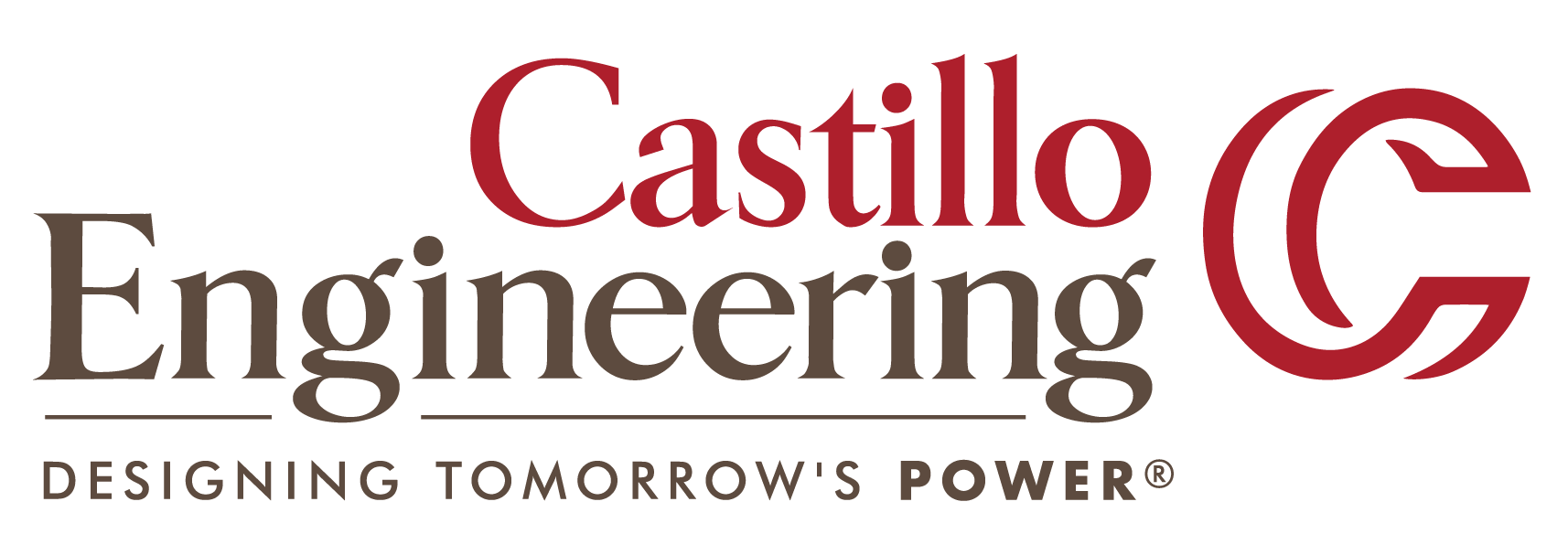
Did you know that hackers recently obtained access to enough solar power to run the entire United States?
Fortunately, these hackers were part of a cybersecurity firm’s research project and did no damage. But their experiment proved that many utility-scale solar plants remain deeply vulnerable to hackers with less noble intentions.
Considering that attempted cyber intrusions in the U.S. energy sector have increased by 36% in the past year alone, cybersecurity has become a critical concern for the utility-scale solar industry. As reliance on renewable energy expands across the United States, protecting solar infrastructure from cyber threats is no longer optional—it's essential for safeguarding our energy future.
Solar Systems Need Better Cybersecurity
Modern solar power plants are sophisticated systems that integrate advanced inverters, substations, and internal control systems. These components are inherently vulnerable to cyberattacks. Specific recent cases, such as ransomware attacks on energy infrastructure and probes into SCADA systems, highlight the growing focus on disrupting renewable energy assets.
Hackers could infiltrate these systems, interrupt operations, and damage equipment, leading to widespread power outages. Given the increasing number of solar installations across the U.S., a coordinated attack on multiple facilities could result in a national blackout.
Yet cybersecurity is often overlooked by developers and facility owners, who focus more on the physical aspects of their projects. This neglect is a serious oversight; breach protection and network security are vital to ensuring the resilience of our energy grid.
How to Improve Utility-Scale Solar Cybersecurity
Hire Professionals for CybersecuritySecuring a utility-scale solar plant requires expertise. Developers and owners should avoid attempting to implement cybersecurity measures on their own unless they are trained professionals. Trusted companies like DNV offer courses, handbooks, and consulting services to enhance cybersecurity for energy facilities. Hiring qualified professionals ensures robust protection against potential intrusions and safeguards against both known and unknown threats.
Choose Trusted VendorsThe source of equipment matters as much as its functionality. Over 50% of inverters, PV modules, and transformers are manufactured overseas, particularly in countries like China. While Chinese products are often more affordable, they come with potential cybersecurity risks: software vulnerabilities in these devices could be exploited during geopolitical tensions.
Solar developers reduce risks by sourcing equipment from trusted vendors—preferably U.S.-based manufacturers. Such equipment often comes with better warranties and long-term support, ensuring reliability for years to come.
Advantages of Sourcing Local
Investing in American-made products not only enhances cybersecurity, but also strengthens local economies and your system’s long-term profit. Although cheaper imports may seem cost-effective in the short term, their reliability and warranty coverage may be limited. When equipment fails without support, replacement costs can far outweigh initial savings. Buying domestically manufactured components ensures higher-quality products, fewer supply chain issues, quicker service, and a stronger economic foundation for the renewable energy sector.
Solar Cybersecurity: A National Responsibility
Although successful cyberattacks on solar facilities are rare today, the stakes are high. If such an event were to occur, it could have national implications, potentially disrupting energy supply on an unprecedented scale. Taking proactive steps—such as hiring cybersecurity professionals, using trusted vendors, and prioritizing local products—will help ensure the long-term safety and resilience of America's solar energy infrastructure, driving the nation toward a sustainable, energy-secure future.
Looking for support with your utility-scale solar system design and engineering?
Get in touch with an expert at Castillo Engineering to ensure your project is reliable, efficient, and built to last.
